Politics
Extreme rain in China caused $2.2bn in road damage, further straining public purse


Extreme rainfall across swathes of China caused over 16 billion yuan ($2.24 billion) in road damage, the transport ministry said on Wednesday, highlighting how climate risks are placing additional pressure on the ailing economy’s public purse.
The preliminary estimate covers damage to roads since the start of flood season, Li Ying, a ministry spokesperson, told reporters, and includes 23 provinces, regions and municipalities — more than two-thirds of China’s administrative divisions.
Flood season officially began on July 1, according to China’s water resources ministry, and brought record rainfall to the country’s north and south.
So far, some 540 million yuan in emergency road repair subsidies have been allocated to local authorities by the transport and finance ministries, Li said.
The government has allocated 5.8 billion yuan in fresh funding for disaster relief since April, with flooding, landslides, earthquakes and drought having led to direct economic losses worth 52.2 billion yuan in the month of July alone, according to China’s Ministry of Emergency Management.
China’s heavily indebted local governments — already wrestling with trillions of dollars in liabilities — are ill-equipped to absorb mounting climate-relate damages.
This adds to the pressure on fiscally-stretched administrators to find ways of paying for public services, supporting local firms and job creation.
Politics
Trump says US ‘wants to help China, not hurt it’
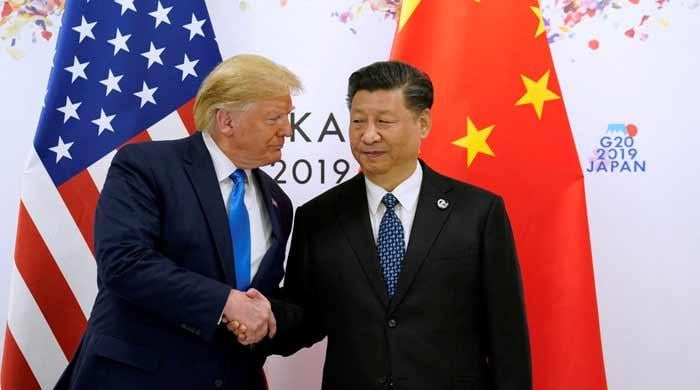
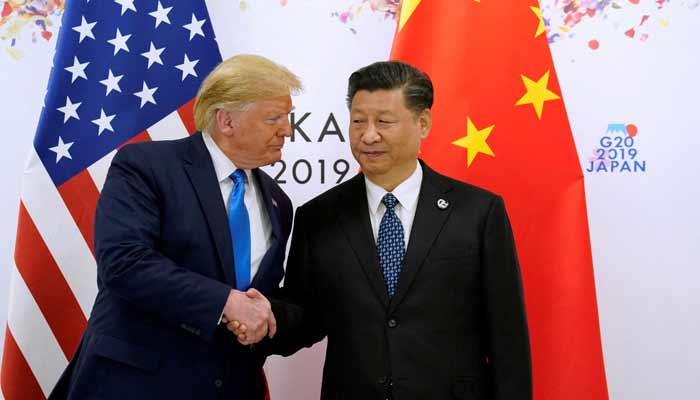
- US president says Xi doesn’t want depression for his country.
- Washington ratcheted up economic measures against Beijing.
- Rare earths are major striking point between two superpowers.
President Donald Trump said on Sunday the United States wants to help China, not hurt it, striking a conciliatory tone days after threatening an additional 100% tariff on the world’s second-largest economy.
Trump’s statements on Friday, as well as his threat to cancel a meeting with Xi later this month, sent Wall Street stocks tumbling into negative territory as traders worried the trade war between Washington and Beijing could reignite.
“The U.S.A. wants to help China, not hurt it!!!” Trump said in Sunday’s post on Truth Social, adding that “respected President Xi (Jinping)… doesn’t want Depression for his country.”
Trump on Friday said that he would impose the extra levies from November 1 in response to what he called “extraordinarily aggressive” new Chinese export curbs on the rare-earths industry.
Beijing, in turn, accused Washington of acting unfairly, with its Ministry of Commerce on Sunday calling Trump’s tariff threat a “typical example of ‘double standards’.”
The ministry said Washington had ratcheted up economic measures against Beijing since September.
“Threatening high tariffs at every turn is not the right approach to engaging with China,” it said in an online statement.
Chinese goods currently face US tariffs of 30% under levies that Trump imposed while accusing Beijing of aiding in the fentanyl trade as well as unfair trade practices.
China’s retaliatory tariffs are currently at 10%.
Rare earths have been a major sticking point in recent trade negotiations between the two superpowers.
They are critical to manufacturing everything from smartphones and electric vehicles to military hardware and renewable energy technology but produced and processed almost exclusively by China.
Politics
Australian airline Qantas says millions of customers’ data leaked online
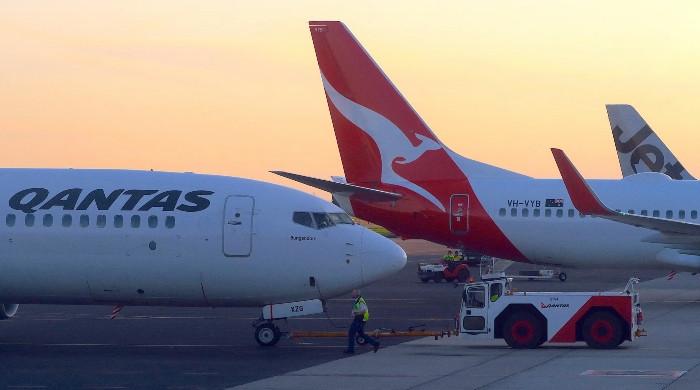
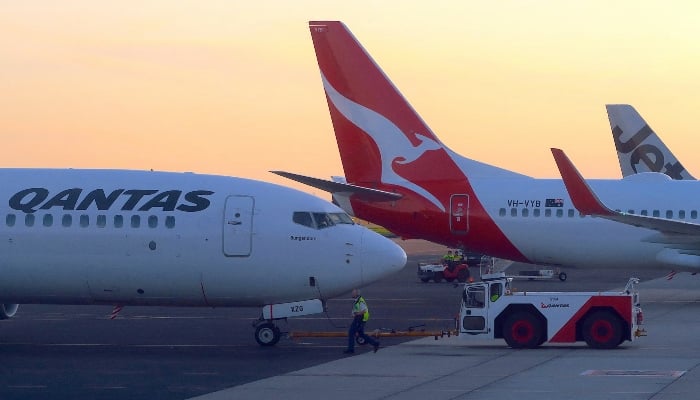
- Major cyberattack hits global firms via Salesforce.
- Sensitive customer details exposed, no financial data.
- Global tech and airline giants targeted in breach.
SYDNEY: Australian airline Qantas said Sunday that data from 5.7 million customers stolen in a major cyberattack this year had been shared online, part of a leak affecting dozens of firms.
Disney, Google, IKEA, Toyota, McDonald’s and fellow airlines Air France and KLM are also reported to have had data stolen in a cyberattack targeting software firm Salesforce, with the information now being held to ransom.
Salesforce said this month it was “aware of recent extortion attempts by threat actors”.
Qantas confirmed in July that hackers had targeted one of its customer contact centres, breaching a computer system used by a third party now known to have been Salesforce.
They secured access to sensitive information such as customer names, email addresses, phone numbers and birthdays, the blue-chip Australian company said.
No further breaches have taken place since and the company is cooperating with Australian security services.
“Qantas is one of a number of companies globally that has had data released by cyber criminals following the airline’s cyber incident in early July, where customer data was stolen via a third party platform,” the company said in a statement.
Most of the data leaked was names, email addresses and frequent flyer details, the firm said.
But some of the data included customers’ “business or home address, date of birth, phone number, gender and meal preferences”.
“No credit card details, personal financial information or passport details were impacted,” Qantas said.
It also said it had obtained a legal injunction with the Supreme Court of New South Wales, where the firm is headquartered, to prevent the stolen data being “accessed, viewed, released, used, transmitted or published”.
Cybersecurity expert Troy Hunt told AFP that it would do little to prevent the spread of the data.
“It’s frankly ridiculous,” he said.
“It obviously doesn’t stop criminals at all anywhere, and it also really doesn’t have any effect on people outside of Australia.”
In response to questions about the leak, tech giant Google pointed AFP to an August statement in which it said one of its corporate Salesforce servers had been targeted. It did not confirm if the data had been leaked.
“Google responded to the activity, performed an impact analysis and has completed email notifications to the potentially affected businesses,” Melanie Lombardi, head of Google Cloud Security Communications, said.
Cybersecurity analysts have linked the hack to individuals with ties to an alliance of cybercriminals called Scattered Lapsus$ Hunters.
Research group Unit 42 said in a note the group had “asserted responsibility for laying siege to customer Salesforce tenants as part of a coordinated effort to steal data and hold it for ransom”.
The hackers had reportedly set an October 10 deadline for ransom payment.
‘Oldest tricks in the book’
The hackers stole the sensitive data using a social engineering technique, referring to a tactic of manipulating victims by pretending to be a company representative or other trusted person, experts said.
The FBI last month issued a warning about such attacks targeting Salesforce.
The agency said hackers posing as IT workers had tricked customer support employees into granting them access to sensitive data.
“They have been very effective,” expert Hunt said.
“And it hasn’t been using any sophisticated technical exploits… they have exploited really the oldest tricks in the books.”
The hack of data from Australia’s biggest airline comes as a string of major cyberattacks in the country has raised concerns about the protection of personal data.
Qantas apologised last year after a glitch with its mobile app exposed some passengers’ names and travel details.
And major ports handling 40% of Australia’s freight trade ground to a halt in 2023 after hackers infiltrated computers belonging to operator DP World.
Politics
Sheikh Hasina’s Awami League turns to flash protests ahead of polls
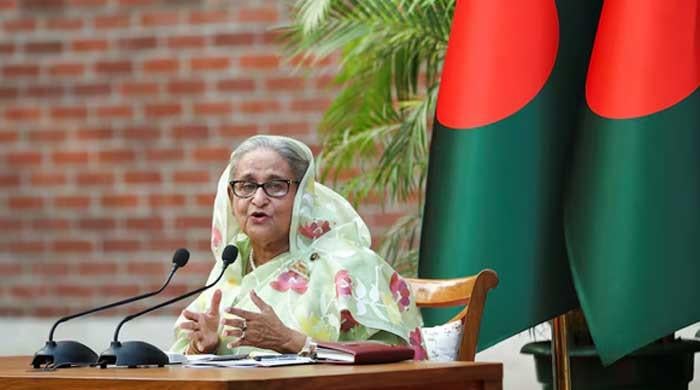
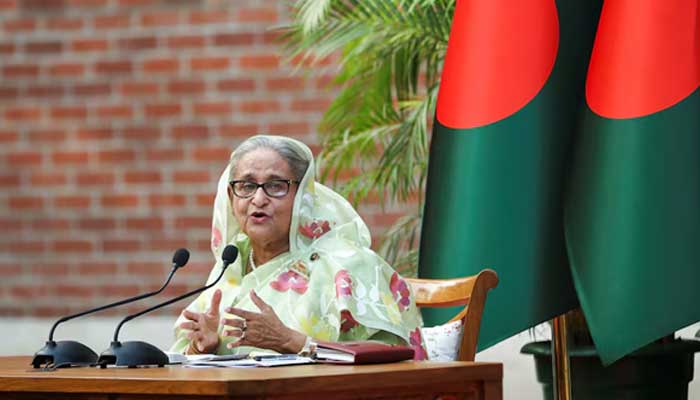
DHAKA: Once Bangladesh’s largest political party, the Awami League has been outlawed since its leader, Sheikh Hasina, was overthrown in a mass uprising last year.
Now, its supporters — encouraged by Hasina’s social media calls to “resist” — are staging flash mob protests defying the ban as the country prepares for elections from which the party is barred.
In the capital, Dhaka, 45-year-old cleaner Mohammad Kashem described witnessing around 25 Awami League loyalists being chased, beaten, and detained by police at one such rally.
“It’s happening all over Dhaka,” Kashem told AFP, saying videos of such spontaneous demonstrations appear constantly on social media.
“We see it every day on Facebook.”
The elections, expected in February 2026, will be the first since Hasina fled into exile in India as crowds stormed her palace, ending her 15-year rule.
She has since defied court orders to attend her ongoing trial on charges amounting to crimes against humanity for allegedly ordering a deadly crackdown during the revolt.
Her party and its supporters have since been pushed underground.
More than 800 have been arrested in connection with the flash mobs, say officials, which have rattled the interim government of Nobel laureate Muhammad Yunus as he oversees the South Asian nation of 170 million until the polls.
‘Abandoned’
Still, they protest. Some rallies consist of only a handful of young men. Others draw more than 100, chanting slogans.
“Sheikh Hasina is coming!” they shout, waving small placards or unfurling banners. “Bangladesh is smiling!”
They gather for a few minutes before vanishing into the crowds.
Sometimes, multiple flash protests erupt simultaneously in different parts of Dhaka. On one day, police arrested 244 people, authorities said.
The risks are high. In the rally Kashem witnessed, several protesters were badly beaten.
“Stupid boys,” Kashem said. “The heavyweight leaders abandoned them… yet they’re risking their lives.”
The protests have unnerved Yunus’s government.
“The fascists have turned reckless, as they can see that the country is heading towards an election and the trial process (of Hasina) is progressing fast,” Yunus’s press secretary Shafiqul Alam told reporters last month.
“The government has decided to strengthen the monitoring of flash processions and other illegal gatherings.”
Hasina remains vocal on social media, issuing broadsides against Yunus and urging loyalists to “resist”.
Bangladeshi newspapers, quoting a senior party leader in hiding, reported at least 20 flash processions in the past month.
Dhaka police spokesman Md Talebur Rahman could not confirm the number of protests, but said “more than 800 people” had been arrested in connection with them.
Political analyst Zahed Ur Rahman, a member of the government’s electoral reform commission, said Hasina was risking protesters’ safety to maintain relevance.
“She is trying to earn sympathy by widely sharing the beatings, chases, dispersals and arrests of her party members,” Zahed told AFP.
‘Proper action’
Human Rights Watch has condemned the “draconian” ban on the Awami League.
“The interim government should not be engaging in the same partisan behaviour that Bangladeshis had to endure under Sheikh Hasina, whether it is stuffing the prisons with political opponents or shutting down peaceful dissent,” HRW’s Meenakshi Ganguly said.
But analysts say the protests could complicate election preparations.
Inspector General of Police Baharul Alam said “different interest groups” were trying to derail the election, including the “defeated axis”.
Tajul Islam, chief prosecutor in Hasina’s trial in absentia, said that a judicial probe was underway into the Awami League.
“Once the investigation report is ready, proper action will be taken,” Islam said.
The Awami League remains defiant.
Senior leader Khalid Mahmud Chowdhury, whose current whereabouts are unclear, insists that protesters were taking to the streets out of “love” for Hasina.
He told AFP that he revelled in the trouble they have caused.
“Have you noticed how these activities have robbed the government of sleep?”
-

 Tech6 days ago
Tech6 days agoI’ve Tested Countless Mesh Systems. Here Are the Routers I Recommend
-

 Tech1 week ago
Tech1 week agoAmazon Prime Big Deal Days Is Next Week, but We Already Found 40 Early Deals
-

 Tech1 week ago
Tech1 week agoAll Hail the Surprisingly Versatile Packing Cube! These Are Our Favorites
-

 Tech6 days ago
Tech6 days agoJony Ive Says He Wants His OpenAI Devices to ‘Make Us Happy’
-

 Tech1 week ago
Tech1 week agoAI in an ‘industrial bubble’ but will benefit society: Bezos
-
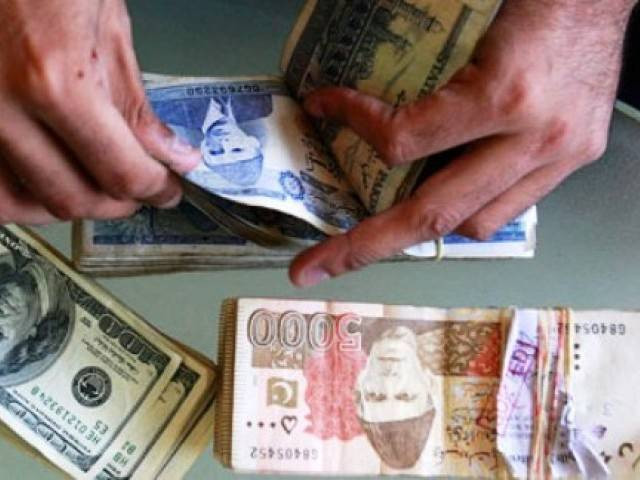
 Business7 days ago
Business7 days agoInvestors are packing up; Pakistan must ask why | The Express Tribune
-

 Tech1 week ago
Tech1 week agoAmazon is overhauling its devices to take on Apple in the AI era
-

 Tech1 week ago
Tech1 week agoCombat Dry Indoor Winter Air With a New Humidifier






